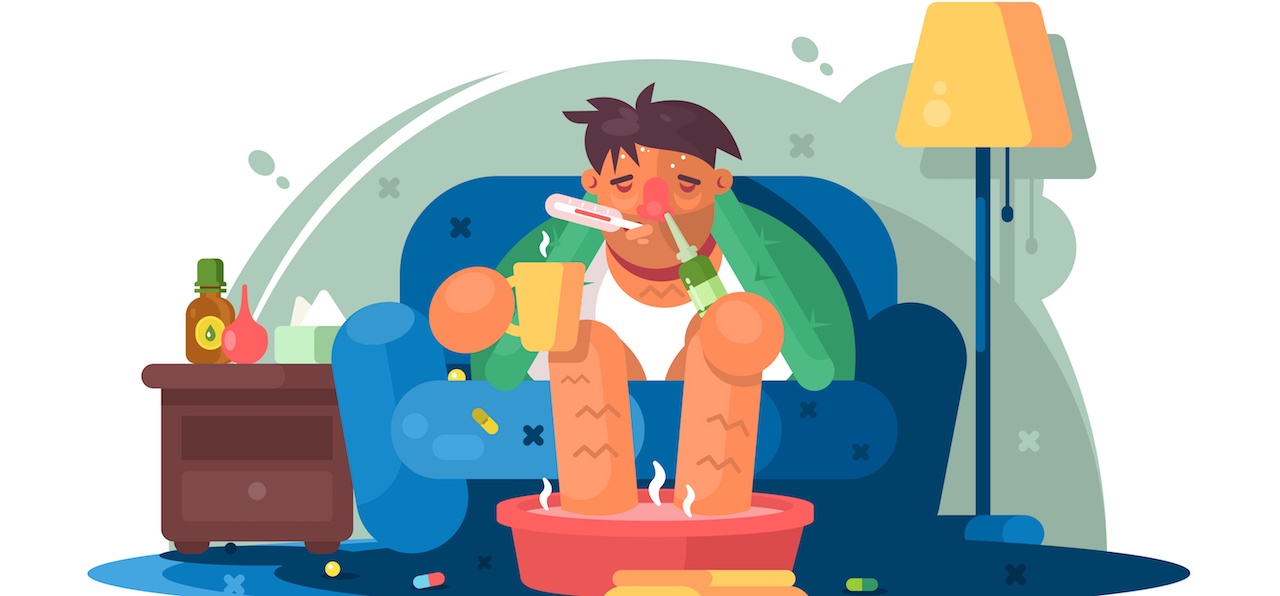You think of your home as a sanctuary from the grind and grime of city living. Unfortunately, this sanctuary can become tainted with cigarette smoke, cleaning chemicals, and even air fresheners.
The toxicity builds up further when doors and windows are closed. Indoor pollution is often more harmful than outdoor. It’s easy to forget that indoors is also part of the environment, but keeping it clean is one of the best favours you can do for your health.
Where gremlins lurk
- The lounge. Leisure zones like your lounge are often filled with toxins, germs, dust and dander, as this is one of the most used areas in your home. Residual toxins are especially rife in winter – think heaters and the fireplace, and very little ventilation.
- In the kitchen. Your go-to kitchen cleaner is probably spreading more toxins than it’s getting rid of. Most cleaning products contain harmful chemicals like triclosan, ammonia and chlorine that have been linked to cancer, asthma, and developmental disorders.
- In your bathroom. From the products you use on your face to the ones for scrubbing the sink, toxins hide all over your bathroom. In small numbers, they probably won’t do much harm. But in the long term, these products may have a negative impact on your health and the environment.
Keep it clean (and healthy)
- Leave your shoes at the front door to help prevent tracking in dirt and bacteria from outside.
- Use pot plants as indoor air filters. These green gifts bring life to any room, and they’re proven natural air-pollution filters. They can improve air quality by helping reduce concentrations of toxins like benzene, formaldehyde and ammonia.
- Open windows and doors to improve indoor ventilation, especially while using commercial cleaners, which give off harmful fumes. This will dilute indoor air pollutants, and reduce exposure to disease-carrying germs. Also, let the sunlight in! It acts as a natural disinfectant.
- Make your home a smoke-free zone. Smoking outside will improve indoor air. Just be sure it’s done several metres away from windows and doors as smoke can find its way inside.
- Ditch artificial air fresheners and deodorisers. These products release toxic substances, including carcinogens and chemicals that can affect your respiratory, neurological and reproductive health. Use crushed herbs and flowers instead.
- Cut down on commercial cleaning products. Use smaller amounts, dilute, or make your own non-toxic alternatives. When you do use these products, make sure you rinse well with warm water. This is especially important when you’re washing dishes.
- Try natural cleaners with ingredients like lemon juice, vinegar and bicarbonate of soda. They have surprisingly high germ-busting power, and they’re safe.
- Vacuum regularly and mop the floors to reduce levels of dust and pollutants. It helps to control fleas too. Sweeping is better than nothing, but it tends to stir up the dust.
- During renovations, vacate the property if possible. Avoid spending time in rooms that are being renovated or painted. If you can smell new carpets, furniture or freshly painted walls, you’re exposing yourself to harmful chemical fumes.
- Roll out a clean mat for kids to play on, and encourage hand-washing. Children spend more time on and near the floor, and also put their hands in their mouths more –which increases their toxin exposure.
References:

